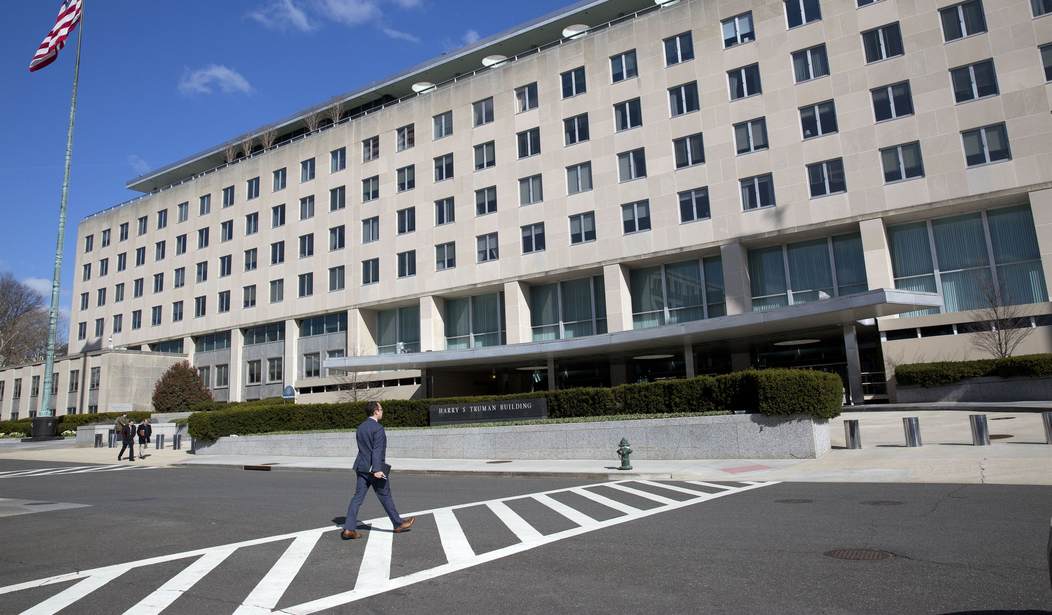The State Department released their first human rights report Friday with the notable omission of the term “reproductive rights.” Michael Kozak, ambassador for the Bureau of Democracy, Human Rights, and Labor, explained to reporters that the section on reproductive rights was omitted because abortion is not a human right.
That section was replaced with a new section titled "coercion in population control," that focuses on problems like involuntary sterilization and coerced abortion.
A reporter asked if “taking out the language about those cases therefore means that the U.S. doesn’t believe that the inability for women to get an abortion physically or by law is an abuse of human rights?"
"That – correct, under the previous administration and this one and the one before that. We have never taken the position that abortion was a right under – a human right under international law," Kozak replied. "This is supposed to be internationally recognized human rights, and it’s an issue on which – some countries prohibit abortion, some countries, like our own, pretty much no restriction on it, and we don’t say one of those is right and one of those is wrong. We don’t report on it because it’s not a human right."
In further explaining the term’s removal Kozak pointed out that it was “introduced six years ago into the report. It hadn’t been there before. It’s one of the few terms that are used in the report that isn’t derived from an international treaty that has a definition or derived from U.S. law, where there’s a clear definition to the term.”
Recommended
He said the intent of the Obama administration in using the term was to look at the availability of contraception and whether the government tried to coerce people in making decisions about reproduction.
“At that time, it was very clear and our delegation made a very clear statement that this has nothing to do with abortion, it doesn’t mean abortion, it doesn’t mean abortion,” he explained. “Unfortunately, over the last few years, groups on both sides of that issue domestically have started to use the term, and both seem to think it does include abortion and then argue about it.”
He added that the question being asked in last year’s report was, “Were there obstacles opposed to getting contraception information and means?” and that “the answer in virtually every country was no, there were no obstacles other than, in almost every country, including our own, the availability in rural areas is less than it is in urban areas. But we were taking a lot of space to explain that.”
"It’s not a diminishment of women’s rights or the desire to get away from it," Kozak added. "It’s a desire to get away from using a term that has several different meanings that are not all the ones we intend.”
Abortion groups were not fans of the move. Planned Parenthood Global tweeted Friday that the decision to remove the language “tells the world that the U.S. does not value women, girls, LGBTQ and other vulnerable communities.”
Censoring #reprorights from @StateDept human rights report tells the world that the U.S. does not value women, girls, LGBTQ and other vulnerable communities. #reprorightsarehumanrights https://t.co/LO4mPzMFzj
— PP Global (@ppglobe) April 20, 2018
The State Department’s changes to abortion policy since Trump took office have not helped the abortion giant overseas. The International Planned Parenthood Federation (IPPF) said in January 2017 that it would lose $100 million from the Trump administration reinstating the Reagan-era Mexico City policy which blocks taxpayer funds to non-governmental organizations that perform or promote abortion overseas.

























Join the conversation as a VIP Member